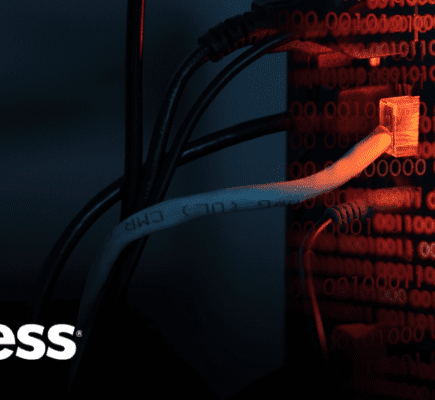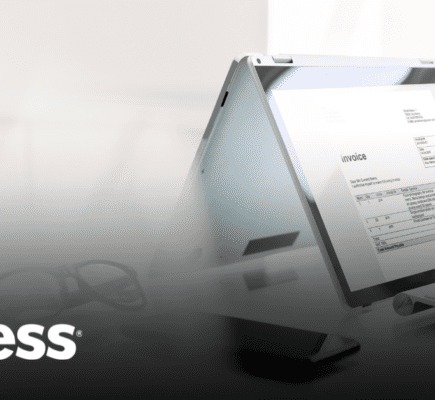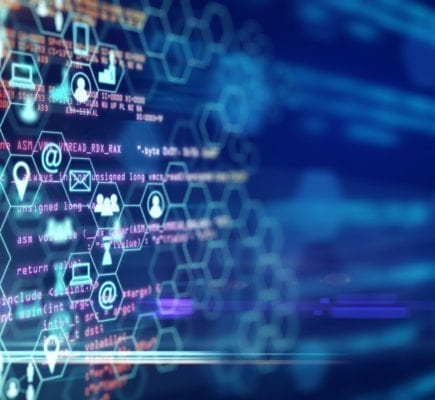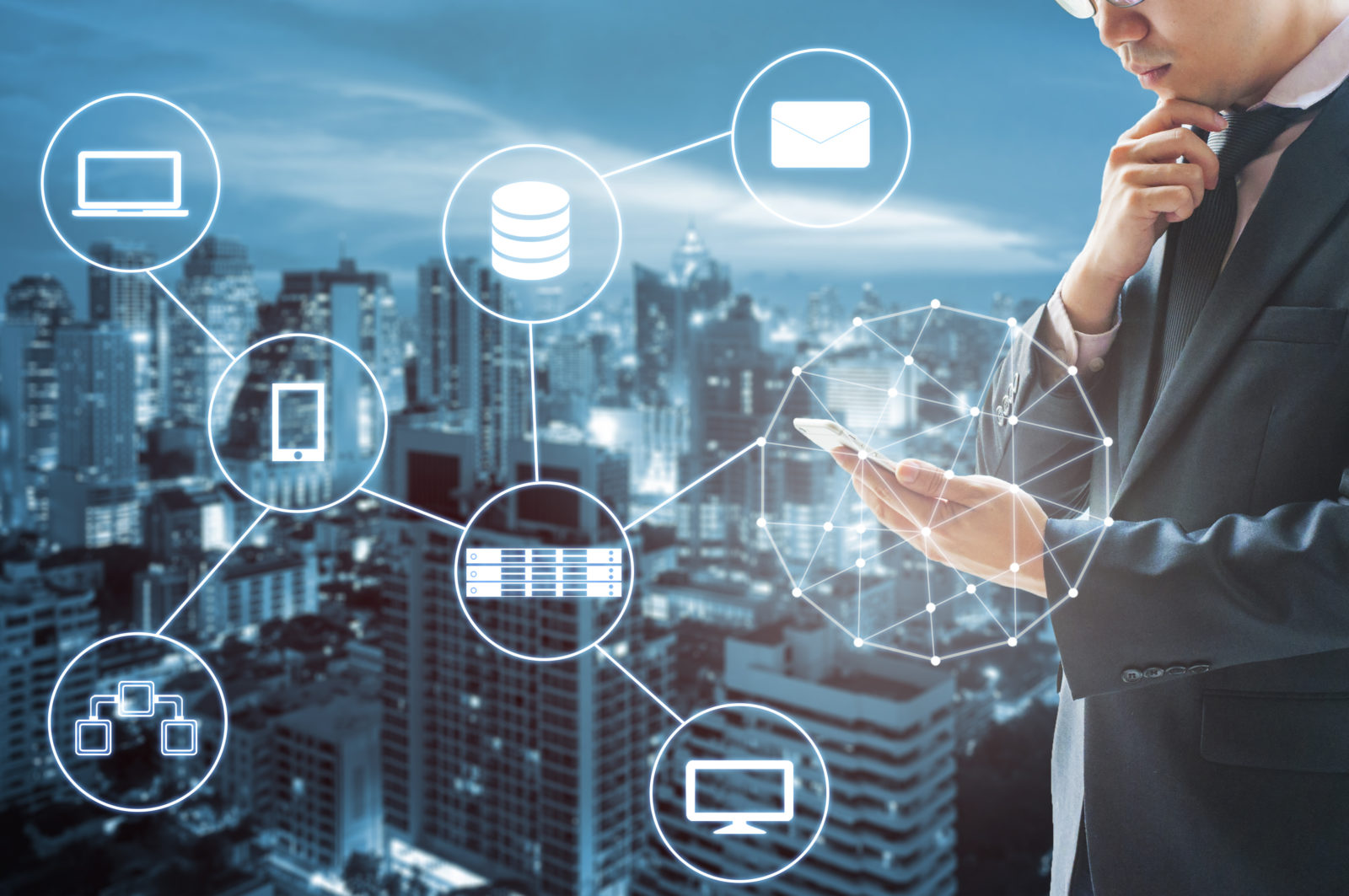
Retail human resources is the most challenging sector to manage. Many retailers have storefronts across the country, and sometimes across the globe. They have a complex combination of hourly and salaried workers – both of which can be hired as seasonal or permanent employees. Sometimes the seasonal team members will transition to permanent positions, but just as often HR departments are dealing with high turnover.
A 2018 survey conducted by consulting firm Korn Ferry found that 29% percent of top retailers had recently experienced an increase in employee turnover, with an average turnover rate of 81% for part-time, hourly employees and 15.6% for corporate employees.
Turnover like this is costly and disruptive for any company. It’s forcing leaders in the SAS retail human resources industry to rethink retention strategies. Thankfully, game-changing retail human resource technology designed to ease the burden on HR professionals and improve the employee experience is emerging on the horizon as a solution.
The HR Tech Boom for Retail Human Resources
Over the past few years, technology for human resources has evolved exponentially. HR software now boasts more advanced capabilities than ever; artificial intelligence, gaming, virtual reality, social media networks, and more.
These innovations enable HR professionals to reduce their own paperwork and increase efficiency. The result is improved hiring strategies, better communication, and increased employee engagement. Read on to learn more about the biggest tech trends disrupting HR for retail in 2019.
Blind Hiring with AI
In retail today, there’s a push for inclusive hiring practices to create a more diverse workforce. Unfortunately, a 2016 study found that even companies with inclusive hiring initiatives were more likely to hire candidates with “whitened” resumes. Even the best team members had implicit biases that were influencing them to favor Caucasian applicants.
To avoid this kind of discrimination, HR departments are adopting new technological tools for recruitment, screening, and interviewing, like the blind hiring software offered by Ideal. This program uses artificial intelligence to correct unconscious bias and provides analytics to help businesses see where they stand in terms of diversity.
AI Service Delivery Software
Artificial intelligence is being incorporated into other HR processes as well. AI service delivery software standardizes communications and services between HR and employees, accelerating response time and solidifying policies. Retail human resource teams utilize AI to create automated responses to frequently asked questions, improving efficiency and consistency across retail outlets.
Robotic Process Automation
Another emerging trend is robotic process automation (RPA), which uses robots to complete repetitive tasks. In HR, RPA software can manage payroll documents, track job applicants and update records to reduce the amount of time HR teams spend on tedious tasks and record-keeping.
HR Document Management Software
In recent years, many companies have streamlined HR procedures by going paperless — a must in today’s competitive retail climate. A document management company like Access can digitize all your records and implement HR-specific software to automate workflow, improve security, integrate systems, and make files easily searchable with metadata. This self-service platform saves time for retail HR teams. Transforming employee documents to secure digital storage means easy permission-based access – regardless of the employee’s work location.

Beyond Storage – A Comprehensive Information Management Checklist
Organizations of all kinds and sizes are finding themselves faced with an array of information management challenges. Some of these challenges, like the transformation of information technologies and the growth of data sets, have remained relatively unchanged for years.
Employee Feedback & Recognition Systems
One significant way to reduce turnover in retail is to improve employee engagement. New software packages can integrate employee feedback into time clock and scheduling systems. When employees clock in or out, they will be prompted to respond to company policies, suggestions, and concerns. This allows HR to take the pulse of their organization while also giving workers a voice.
Additionally, some HR departments are using technology to recognize employee achievements and foster an encouraging and active community. These features are offered in performance management software like 15Five as well as Kudos, which create private social networks for use within companies and teams.
Software for Multilingual Communication
Many workers in the retail industry speak English as a second language, and for global companies, the challenge of multilingualism becomes even greater. A company’s HR team must be able to communicate effectively with all employees, regardless of English fluency. This is why some HR departments are adopting multilingual communication software, from providers like CezanneHR, which can translate important paperwork, training materials, and other communication into an employee’s native language. This relatively simple technology has the ability to foster greater employee engagement and understanding, resulting in higher retention rates.
Gamification
Some retail companies are targeting employee engagement through more creative means, like gamification. As defined by Forbes, “Gamification takes the essence of games – attributes such as fun, play, transparency, design, competition and yes, addiction – and applies these to a range of real-world processes inside a company from recruiting to learning & development.”
Some examples include the accounting company PwC, which created a simulation game for prospective employees, and mobile tech leader Qualcomm, which promotes engagement through an employee Q&A game. Within the retail industry, the best argument for gamification to date comes from Walmart, which incorporated this technology into its safety training program and saw a whopping 54% decrease in safety incidents at its distribution centers.
VR for Employee Training
One of HR’s most important functions is providing employee training in areas from health and safety, to privacy laws, diversity and inclusion, and sexual harassment prevention. The latter is of particular focus today, and for good reason: in the 2018 Women in the Workplace survey, 35% of women reported experiencing sexual harassment on the job, despite the fact that most companies require anti-sexual harassment training.
Enter virtual reality (VR), the exciting technology that’s poised to enhance the impact of employee training. In 2018, the company Vantage Point secured funding to develop anti-sexual harassment training programs using immersive VR to teach employees about respectful behavior, bystander intervention, and reporting procedures. Expect to hear more about this trend in years to come.
These are just a few examples of how technology is revolutionizing Human Resources in the retail industry – with even more innovation surely around the corner. Though much of this technology is quite new, the early results are promising. In a 2019 G2 Crowd EE Survey, 80% of HR employees reported that HR technologies improved employee attitudes toward the company. This translates into better retention, happier employees, and a better outlook for retail as a whole.
Interested in improving your HR tech stack? Download the case study to read how this USDA-certified organic grocer partnered with Access to centralize their HR documents and gain better compliance controls.
Andrea Palumbo has over 20 years of experience in the HR and Payroll industry as both an HRIS client and vendor. Her teams are responsible for implementing and maintaining critical HR technology, data, and timely processing of payroll for over 1300 employees globally. Andrea’s in-depth knowledge of HR Technology and sensitive employee data allows her to convey the benefits of having robust HRIS and data management systems working together side by side.




